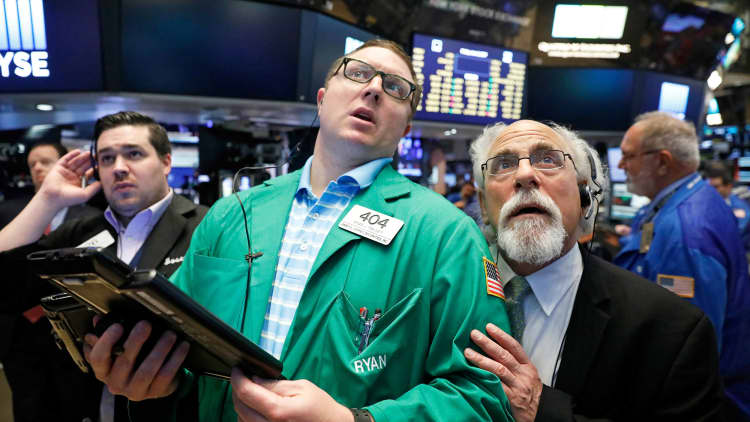
The prospect of the Trump administration passing tax reform has buoyed stocks this year, and failure to pass such a bill could cost the market dearly, one strategist told CNBC in a recent interview.
"Republicans have been unable to unite under the Trump agenda and do not have enough of a majority to pass meaningful reform of any kind so far," said Gina Sanchez, CEO of Chantico Global.
Many Republicans are against proposals that add to the budget deficit, she said, and current estimates include "some pretty big assumptions regarding consumption benefits, so the actual deficit could be even larger than currently estimated."
For these reasons and uncertainty facing the current proposal, Sanchez sees the prospect of a tax reform failure as a "vulnerability" that could cost the market anywhere from 4 to 10 percent, and could "easily drive a significant revision to equity multiples."
"We have heard more and more CEOs expressing doubt over the ability of Congress to pass meaningful tax reform, and this has been cited in recent earnings reports as a concern," Sanchez told CNBC via email on Wednesday.
Should the administration disappoint in delivering tax reform that could benefit corporations, the market could return to a multiple of 17.5 times earnings, a more "sustainable valuation given current economic conditions absent any tax reform," Sanchez said.
Currently, the S&P 500 boasts a price-earnings multiple of 21.5 times trailing earnings, and a multiple of 18 times forward earnings, according to FactSet data.
The current proposal reflects cutting the corporate tax rate from about 35 percent to 20 percent. However, the effective corporate tax rate is roughly 22 percent when considering tax loopholes for larger corporations, Sanchez said, citing data from Oxford Economics. Smaller corporations such as firms in the S&P 600 and Russell 2000 would likely benefit much more from lower tax expenses for this reason, she said.
A failure to pass such legislation could meaningfully hurt stocks, Treasury Secretary Steven Mnuchin said in a recent interview on the "Politico Money" podcast. He did, however, offer an "absolute guarantee" that Trump will sign a bill before year's end.





